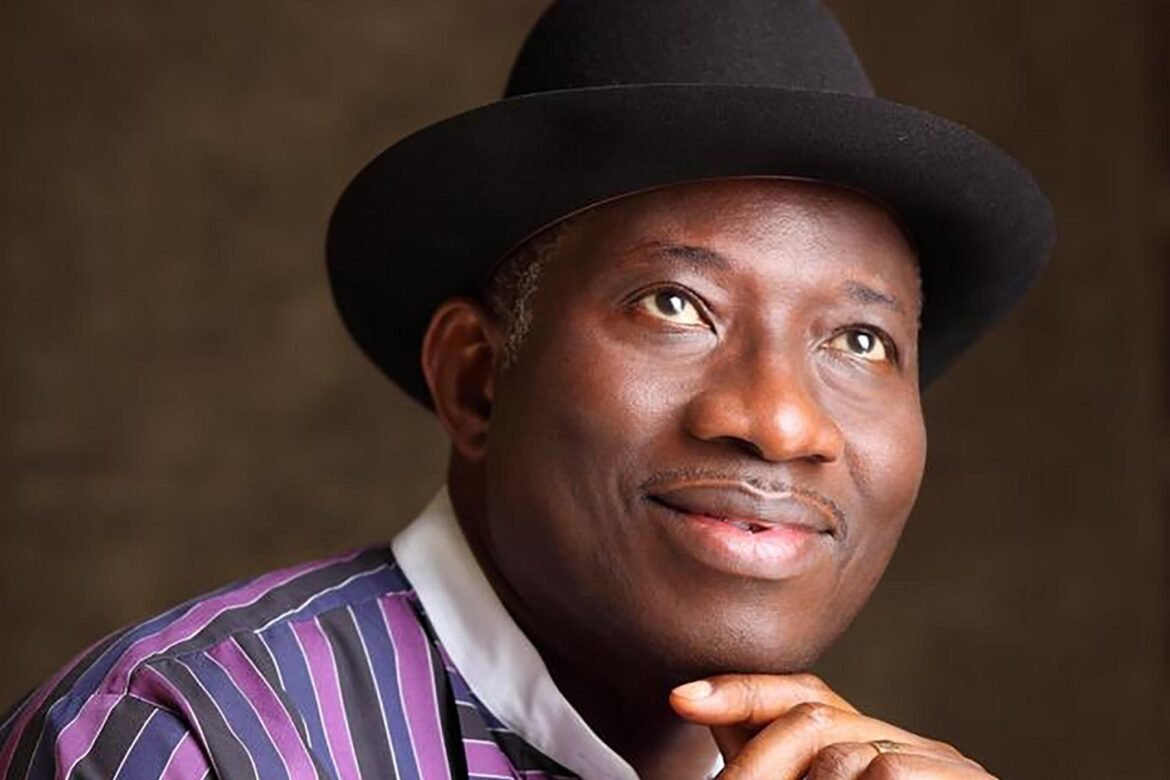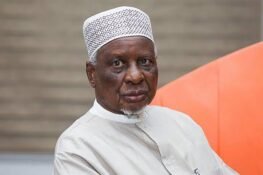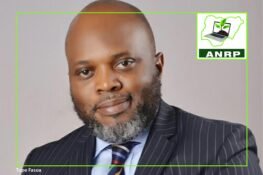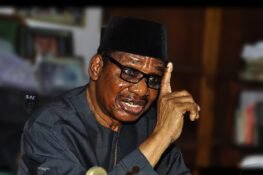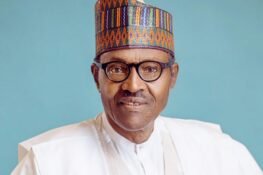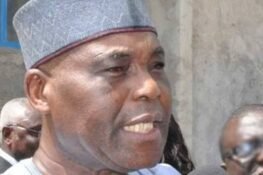Under the six points below, the interview presents the most striking excerpts of the memoir of former President Goodluck Jonathan, “My transition hours”:
Why I wrote the book
My term as Nigeria’s President terminated on the 29th of May 2015 and I am of unshaken conviction that my last month’s and moments in office should be documented as they are an integral part of the democratic development of Nigeria and Africa.
This book is a personal account of my stewardship in the heady days in which brinkmanship was the order of the day in Nigeria, thrusting upon us the responsibility to rein in our nation from a needless dangerous precipice by a menacing and rather tragic political mercantilism.
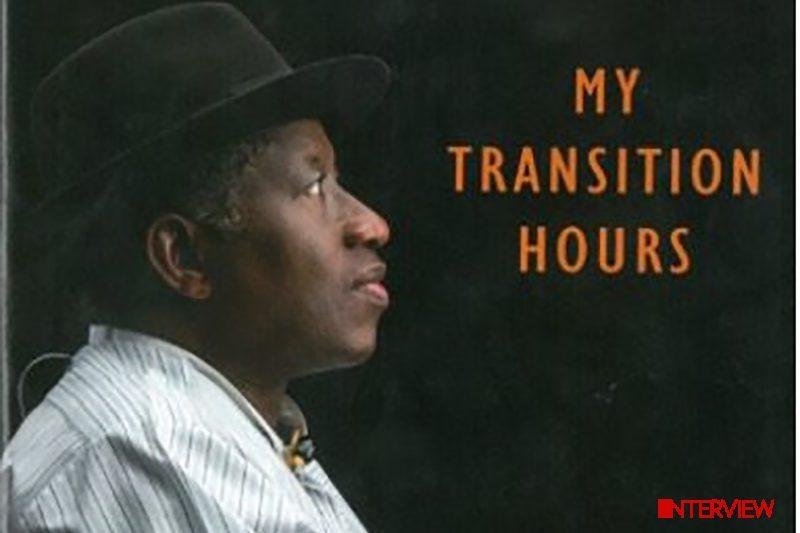
Cover page of former president Goodluck Jonathan’s book; My Transition Hour / Photo credit: @GEJonathan
The forces against my government
My party, the People’s Democratic Party, presented a front which, in reality was not united, as the party was already imploding along ethnic and religious lines. This time around, there were Governors who were rounding off the eight-year tenures and were blinded by ambition.
Some governors wanted to be Vice President whilst others wanted to be President. If I contested, none could realize his ambition.
“I had genuine fears that my country would no longer be one if I took to serve my personal interest. It was at this point that the breakthrough came to me as something in my spirit recalled the single phrase I was noted for saying, ‘my ambition is not worth the blood on any Nigerian!'”
Last-minute manoeuvres
A short while before the elections were rescheduled, Boko Haram militants had taken hold of a large cache of military grade weaponry, including Armored Personnel Carriers from retreating Nigerian troops. I requested an update from security officials who confirmed my fears.
The group had almost five thousand fighters behind its growing effort carve out an Islamic caliphate in the North Eastern geopolitical zone of Nigeria, around Cameroon, Chad and Niger Republic borders. Tension was thus further inflamed.
The opposition parties, my critics and some Nigerians in diaspora pressed for the elections to go on as scheduled. They had a different but unrealistic view of the situation. They were focused on just the elections, but you had to have a country after elections. It was my duty to keep the country intact after my service and I was not going to let the country go into crises that could even lead to disintegration.
When I knew it was all over
I knew what was coming the day before I called General Muhammadu Buhari. I had reports on the polls around the country. It was clear the results were not going to favour me… The country was tense. I had to do something. I could no longer wait for the collation of the final results.
“Tension was thus further inflamed. The opposition parties, my critics and some Nigerians in diaspora pressed for the elections to go on as scheduled. They had a different but unrealistic view of the situation.”
Why I handed over
I was apprehensive of human lives that would be lost, properties and investments worth trillions of naira going up in flames. I had genuine fears that my country would no longer be one if I took to serve my personal interest.
It was at this point that the breakthrough came to me as something in my spirit recalled the single phrase I was noted for saying, ‘my ambition is not worth the blood on any Nigerian!’ I knew instantly that if I clung on to power, latching on to some of the identified infractions of the elections, there was a possibility that Nigeria may have imploded.
My regrets?
One may wonder if the transition was difficult for me having been President for five years. It was a mixed bag of feelings. I had no ill feelings because I meant well and wanted to do the best for my country.
Yes, there were some human errors along the way as is the case with all humans. I was glad that I handed over perfectly. My concern was whether the incoming administration would go on a persecution spree of those who supported me or focus on nation building.
